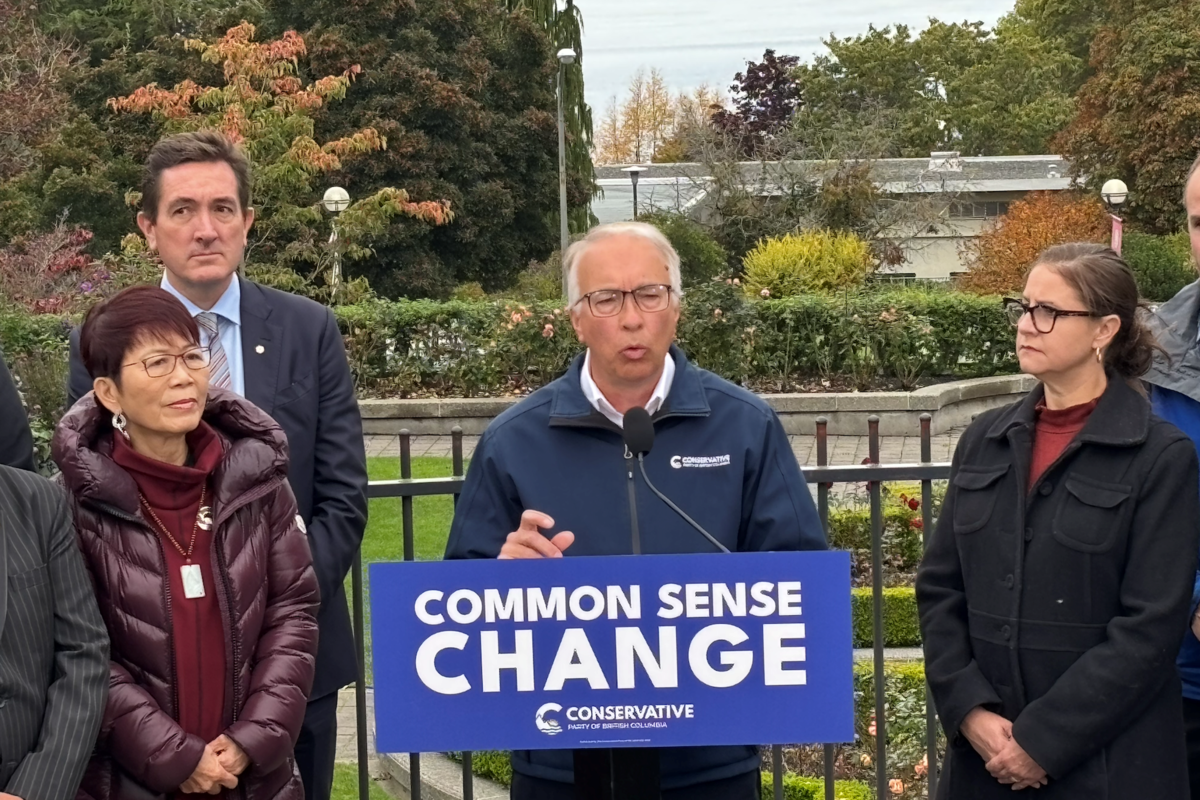Table of Contents
Two of Langley's newly elected Conservative MLAs – who campaigned on understanding local community needs – don't appear to actually live in the communities they were elected to represent, financial disclosure documents reveal.
Mandatory disclosures filed under the Financial Disclosure Act show Harman Bhangu, Conservative MLA for Langley-Abbotsford, maintains his residence in North Delta, while Langley-Willowbrook's representative Jody Toor lives in Surrey's South Newton neighborhood.
Only Misty Van Popta, representing Langley-Walnut Grove, provided a Langley address.

The revelation comes as Langley residents face an intensifying housing crisis, with working families increasingly priced out of their own communities. This disconnect between political representatives and their constituents raises serious questions about these MLAs' ability to understand and advocate for local working-class interests.
Bhangu, now appointed as the Conservative shadow cabinet's transportation critic, listed income from BGH Trucking of Delta and directorship of HCBA Contracting and Consulting. While his campaign emphasized his trucking industry experience, his business interests and residence outside the community may put him at odds with understanding the daily transportation challenges faced by Langley's working residents.
Perhaps more concerning is Toor's appointment as Conservative caucus chair despite controversy surrounding her credentials. While operating IMW Integrative Medical Wellness in Surrey, Toor faced criticism during her campaign for presenting qualifications from the unaccredited Quantum University in Hawaii, raising questions about transparency and accountability in political representation.

The residency issue extends beyond mere geography – it speaks to fundamental questions about who truly represents working-class interests in our political system.
As Langley grapples with rapid development that often prioritizes corporate profits over community needs, residents need representatives who understand firsthand the impact of decisions about housing affordability, transportation access, and healthcare services.



